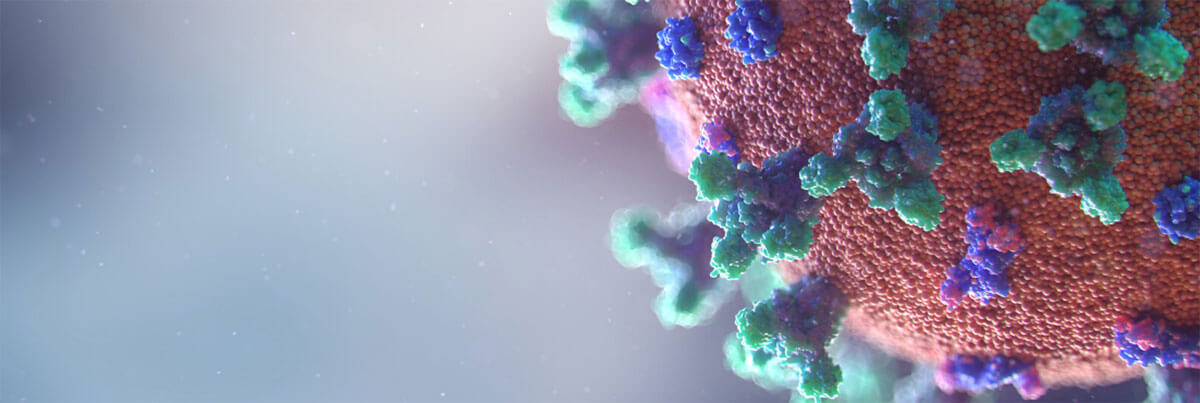
Coronaviruses cover a wide variety of viruses that infect humans and animals. They include viruses as mild as the common cold all the way to deadly viruses like MERS, SARS, and COVID-19. The entire world has been altered since COVID-19 was recognized as a pandemic in March of 2020. This unique virus took humanity by surprise, and scientists are hard at work all over the world trying to figure out how to slow down the spread of this deadly coronavirus. How does our immunity affect COVID-19, and how might the science behind immune cell banking be related to current COVID-19 research?
How Does the Immune System Work?
The immune system is a very complex part of the human body. Scientists around the world have been studying the immune system for decades to better understand how our bodies recover from invading pathogens. Very simply, the immune system is a collection of cells and molecules that protect our bodies from invading viruses and pathogens. Immune cell banking is a way to store cells from your healthy immune system for possible use in the future.
There has been a race against the ticking COVID-19 case count to better understand this new version of coronavirus. In order to produce a vaccine, researchers must understand how the virus works, why some people are affected so severely, and how people’s immune systems react to the virus. Immune cell banking allows anyone to store healthy immune cells in case they require them to fight disease in the future. This is mostly used for fighting certain kinds of cancer. Immunotherapy research is progressing very fast and may have some similarities to COVID-19 research.
Antibodies, B-Cells, and T-Cells
There is a relatively small amount of data available on COVID-19 since it hasn’t been on the radar for very long, but some patterns are emerging. Some researchers are noticing a lack of antibodies and B-cells in the tissues of patients who have died from COVID-19. B-cells are an important part of the immune system. They produce antibodies that fight pathogens. The lack of antibodies and B-cells points to a problem with the immune system not functioning the way it should. Immune cell banking uses the pathogen-fighting properties of T-cells to help boost the immune system.
Some researchers see T-cells, like the ones used in Car T-cell therapy that uses immune cell banking technology, as a possible key to unlock the mystery of COVID-19. It looks as though patients who have recovered from COVID-19 can sometimes test positive for T-cells in their blood, but negative for antibodies.
Vaccine
Most researchers around the world believe the best chance we have of regaining normalcy is by developing a vaccine. Vaccines work by causing the immune system to defend against a certain kind of pathogen. For a vaccine to work, researchers must first figure out how COVID-19 impacts the immune system. So far, there is a lot of promising research happening all over the world and at an amazing pace. It will be interesting to see if the science behind immune cell banking influences the research around COVID-19. Click here for more details.

